Meguiar’s Detailer Car Care Bundle, G55115
Meguiar’s “Detailer” Car Care Bundle carries the necessary products to clean and wax your car as well as easy and shine the indoors. It will lightly foam away dirt and filth, and the wax will easy your paint. The Perfect Clarity Glass Cleaner is formulated to offer streak-unfastened clarity, and the wipes will repair herbal colour and shine to vinyl, rubber and plastic. This automobile washing package consists of all you want and permits you to with ease element your automobile at home for delivered comfort. Safely restore the shade and readability to disregarded finishes with out scratching paint or clean coat end. Meguiar’s Detailer Car Care Bundle makes a super gift for any vehicle enthusiast. It will decorate the coloration and depth of your car’s paint, growing a rich shine interior and out. Note: Item does now not are available a gift box.

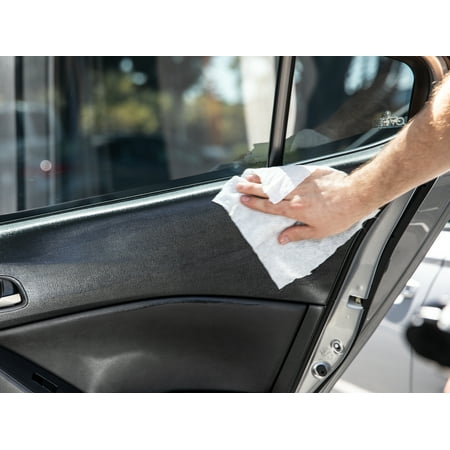


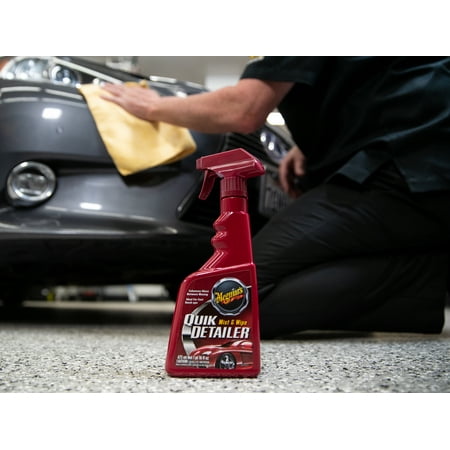
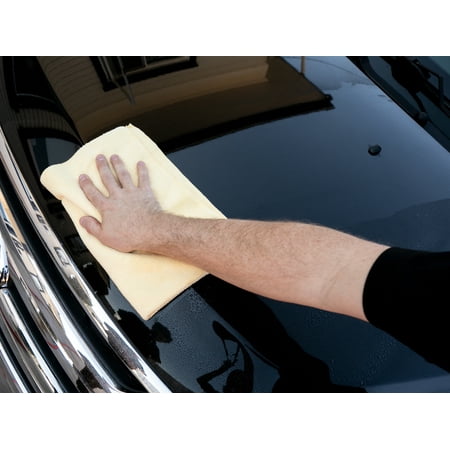




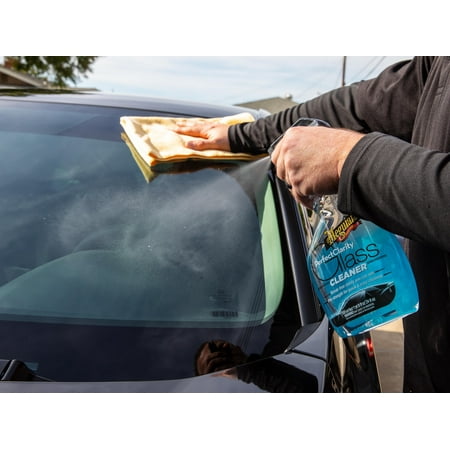




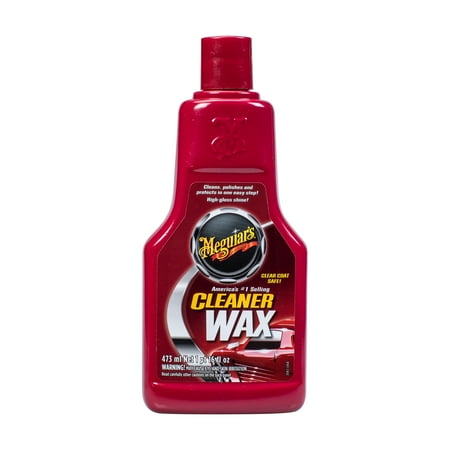


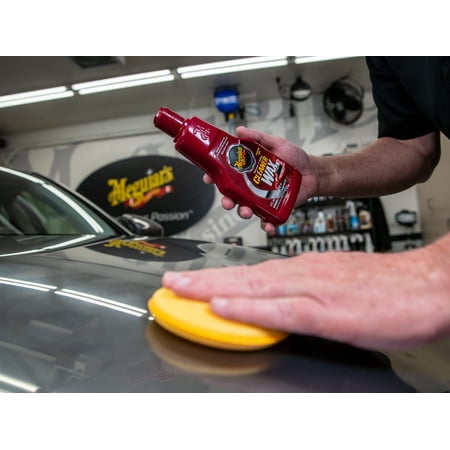


Meguiar’s “Detailer” Car Care Bundle:Wash and wax your vehicle as well as easy and shine the interiorMeguiar’s Gold Class Wash will gently foam away dirt and grimeMeguiar’s Cleaner Wax will easy your paint whilst you waxPerfect Clarity Glass Cleaner is formulated to offer streak-loose clarityMeguiar’s Natural Shine Wipes will repair natural color and shine to vinyl, rubber and plasticMeguiar’s automobile care package is an ideal gift for an vehicle enthusiast
Bundle or Bundling may refer to:
- Bundling (packaging), the process of using straps to bundle up items
A car, or an automobile, is a motor vehicle with wheels. Most definitions of cars state that they run primarily on roads, seat one to eight people, have four wheels, and mainly transport people over cargo. There are around one billion cars in use worldwide. The car is considered an important part of the developed economy.
The French inventor Nicolas-Joseph Cugnot built the first steam-powered road vehicle in 1769, while the Swiss inventor François Isaac de Rivaz designed and constructed the first internal combustion-powered automobile in 1808. The modern car—a practical, marketable automobile for everyday use—was invented in 1886, when the German inventor Carl Benz patented his Benz Patent-Motorwagen. Commercial cars became widely available during the 20th century. The 1901 Oldsmobile Curved Dash and the 1908 Ford Model T, both American cars, are widely considered the first mass-produced and mass-affordable cars, respectively. Cars were rapidly adopted in the US, where they replaced horse-drawn carriages. In Europe and other parts of the world, demand for automobiles did not increase until after World War II. In the 21st century, car usage is still increasing rapidly, especially in China, India, and other newly industrialised countries.
Cars have controls for driving, parking, passenger comfort, and a variety of lamps. Over the decades, additional features and controls have been added to vehicles, making them progressively more complex. These include rear-reversing cameras, air conditioning, navigation systems, and in-car entertainment. Most cars in use in the early 2020s are propelled by an internal combustion engine, fueled by the combustion of fossil fuels. Electric cars, which were invented early in the history of the car, became commercially available in the 2000s and are predicted to cost less to buy than petrol-driven cars before 2025. The transition from fossil fuel-powered cars to electric cars features prominently in most climate change mitigation scenarios, such as Project Drawdown's 100 actionable solutions for climate change.
There are costs and benefits to car use. The costs to the individual include acquiring the vehicle, interest payments (if the car is financed), repairs and maintenance, fuel, depreciation, driving time, parking fees, taxes, and insurance. The costs to society include maintaining roads, land-use, road congestion, air pollution, noise pollution, public health, and disposing of the vehicle at the end of its life. Traffic collisions are the largest cause of injury-related deaths worldwide. Personal benefits include on-demand transportation, mobility, independence, and convenience. Societal benefits include economic benefits, such as job and wealth creation from the automotive industry, transportation provision, societal well-being from leisure and travel opportunities, and the generation of revenue from taxation. People's ability to move flexibly from place to place has far-reaching implications for the nature of societies.
S, or for lowercase, s, is the nineteenth letter of the Latin alphabet, used in the English alphabet, the alphabets of other western European languages and other latin alphabets worldwide. Its name in English is ess (pronounced ), plural esses.





Reviews
There are no reviews yet.